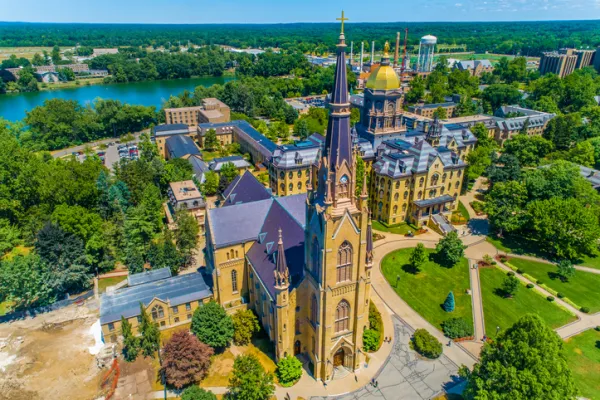When Glenn Hutchins first met professor Henry Louis Gates Jr. at a Harvard symposium on Martha’s Vineyard, the co-founder of Silver Lake Partners was in a soggy bathing suit, a Celtics or Bruce Springsteen T-shirt (Hutchins can’t quite remember), and flip-flops. But it was his hair, a late-summer shag, that had him hiding in the back of the Old Whaling Church, sartorially off guard.
Nonetheless, soon Hutchins — a kingpin of private equity — rushed to meet the famed scholar of African-American studies, bad outfit be damned. By the end of Gates’s talk, Hutchins had settled on giving him his 25th Harvard College reunion gift. “I found something at Harvard that really has need,” he told Gates. At the time, Hutchins had committed $1 million to his alma mater for the anniversary but hadn’t yet identified a project to support. More dollars would follow.
The two have since become good friends. Last month the businessman gave $10 million to support the Hutchins Center for African & African American Research at Harvard, which he originally funded with a $15 million donation in 2013 following their Vineyard meeting.
Hutchins’s giving is personal. When it comes to donating through the Hutchins Family Foundation, he supports causes starved of capital and with which he and his family can have a meaningful connection. “We’re focused on results, and measuring results, and on being involved, very deeply,” he says.
Hutchins loves to see his work in action. He tells a story of a woman who came up to him at the Democratic National Convention in Philadelphia and told him that her daughter is a Hutchins Scholar, a program he funded that promotes, rewards, and supports the best math and science students at the Lawrenceville School in New Jersey. “I could have given money to a big science center, but I find directly helping students much more rewarding,” he says.
As for the Harvard center, it was assembled in a way true to the efficient spirit of private equity. Hutchins has built it on top of an existing platform so as not to invest in lawyers, systems, and accountants. “Then we can get to work right away,” he says. The center brought together nine different independent entities, including journals and fellowships, under one umbrella. The Hutchins center also includes a new building for contemporary art and historical exhibitions, the Ethelbert Cooper Gallery. “We’re at a time when people thought we might be entering a postracial America. But we have a lot of wood left to chop in race relations in America. I think we’ve created a very important instrument to that end.”
Though Hutchins contends that there are few similarities between him and Gates (The latter: Yale, Dresses Well; the former: Harvard, Wet Bathing Suit), they share a dedication to making “the world a better place.” To that end, the most recent donation will support some innovative work. Twenty percent of the gift will go to William Julius Wilson’s project using computing and data analysis to look at social problems like poverty, exploding prison populations, and income immobility. “It’s the combination of data analytics and policy design that was unavailable even five years ago,” Hutchins says. He is bullish that Wilson’s insight is not just another set of studies on intractable social issues: “The perpetuation of poverty isn’t due to any one thing. It’s not just inequality, not just about poverty, poor education, and exposure to violence. It’s cumulative.” He intends to stop the accumulation — by a de-cumulation of his own.






